|
It was a lovely and uplifting way to end the penultimate Monday in November. The Character Education Professional Community is designed for all Primary (and Secondary) School Leads who wish to develop the ethos, culture, curriculum and personal development of pupils within their own school setting. At the heart of Character Education is teaching character and embracing a characterful approach to teaching and learning. This second session in the series followed the inaugural event that explored ‘why’ we should teach character and embrace a characterful approach to learning and teaching, and now explores the next step of ‘How?’ Andy Ogden, Director of Tarka CPD & Director of Devon Training School Partnership welcomed delegates to the session and introduced session lead, Lyndsey Bolton, Character Education Lead at Alumnis Multi Academy Trust. For Alumnis, it was their new CEO Neil Moir who gave leaders and teams the opportunity to “refresh” the direction of travel and Trust identity after the Covid lockdown, which led to a reframed a holistic curriculum, termed the “C360.” Alumnis is passionate about and committed to personal development for their pupils and young people and has developed a character led way of working across the Trust. The Mission at Alumnis is a commitment “to providing an education that is unsurpassed: developing in students the academic skills, intellectual habits, character virtues and wellbeing that enable each unique individual to flourish as a global citizen” and the C360 is based on four essential cornerstones:
We all colloquially use the phrase, s/he/they is a “character” to describe our students and fellow human beings. But if you are wondering how to define character, here are some helpful pointers:
Character Education allows learners to understand who they are and how they impact people and the world around them and supports learners to develop positive personal strengths As Character Lead, Lyndsey Bolton developed a Character Education approach for two – 11-year olds, which was rolled out across all the Trust schools in 2020/2021 This approach is rooted in Aristotle virtues and based on the work of The Jubilee Centre for Character and Virtues (part of the University of Birmingham) Across the Trust character is taught explicitly as well as caught and taught as part of a 'flourishing for all' curriculum. The heart and soul of Alumnis Character Education is that the children become inspiring changemakers. With Character as the foundation, children are encouraged to seek to put a wide range of virtues into action. They “live the virtues” (rather than laminate the virtues). Change is inspired through a layered approach. Consistent language is used throughout all the schools and feeds directly into the Conduct Policy, and is the basis for behaviour and all relationships – both between pupils and staff; but also, in how adults talk to each other. This way, the children know and increasingly understand the language of virtue in every situation and the whole school learns, discovers and acts out the same virtue and ultimately reflects on it. Hence, the Alumnis logo of the tree with character at the core; nourishing all learners at the roots and encouraging them to seek to put virtues into action as the fruit. And the best bit? The children are proud of their character virtues and proud of the differences they can make, no matter the size. They can talk about how they develop their character. They even delight in spotting when characters in a story are not showing good character virtues. Putting virtues into action includes the children engaging in adventures, research projects, preparing their own TED talks, using the UN goals on sustainable development for research talks and fundraising as they work towards a certificate and celebratory badge at the end of the year. Small and big successes are all rewarded and recognised. Characterful approaches are explored that go beyond the ‘taught,’ which shape the culture and ethos of schools, and impact on curriculum evolution, and have positive effects on pupil attainment and radiate out to impact on parents and the wider community. St Helen's Church of England (one school within the Alumnis Trust) can vouch for the value of the Character Education approach that has been developed. Headteacher, Bex Northcott is also the Character and Curriculum Lead and shared how St Helen’s is explicitly and effectively implementing Character Education with a positive impact on school improvement. Pupils at St Helen’s engage in an enquiry-based curriculum from the moment they arrive, which is underpinned by the Church of England Christian, as well as civic and moral values. For example, at the moment, the whole school is currently investigating what it means to show courage. Bex had countless moving and motivating examples. To name but a few, Year 4 are leading an enquiry into why people move, migrate to/ from the UK through the context (lens) of courage. Year 6 are looking at why people live where they live, and are inspiring inclusive, character-driven researchers looking at what is necessary within 20-minute community. As well as in the classroom collective worship is an important vehicle to reiterating the termly and in-the-moment virtues. Genuine opportunities are sought for the children to practise and access a character virtue every half term, enhanced across curriculum areas, looking to what is happening in the world. Keen volunteers and fundraisers, the children have recently taken the initiative to create Christmas boxes to donate to the local Ukraine refugee point. The children are inspired changemakers. But of equal value, it is when the best character is not shown that the children learn the most. One story should be retold. A Year 6 pupil was a committed and able sportsperson, but was unhappy about what she perceived to be an injustice in how women’s sport was portrayed in the media. She took it upon herself to write to the England Rugby CEO. A well-structured and thoughtful letter. But she warned not to expect a reply. However, she received a reply from the CEO and CFO who asked to visit her rugby club and invited her to be a young ambassador. This characterful pupil is now in Year 8 and she and the English Rugby CEO have kept in contact and there are currently 21 rugby girls playing in her team. Another must tell. A Year 5 boy read a news article about the risk of cardiac arrest and was concerned that the nearest defibrillator in the village was in the local pub. He put his mind to raising money and reached out to crowdfunding. He raised £1700 that was match-funded and there are now three open access defibs in the village. So many uplifting stories thanks to the value of Character Education. Cake sales run by the little ones donating toys and clothes. An inspiration across the whole Trust to so many children. A recent Ofsted inspection in a local school looked deeply into personal development and noted that the children were living the vision of virtues. The Behaviour Policy is now called Attitudes to Learning Character Development and demonstrates that it is powerful to praise children for having the confidence to be honest, and for having a sense of justice. Even when there are challenging conversations around forgiveness and restoration, to be able to praise children when things have gone well is life-enhancing. 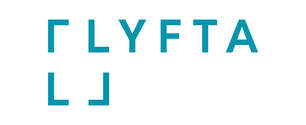 SWIFT sponsor, Lyfta presented on how they bring Character Education into school through an immersive digital platform. Director of Education and Impact, Harriet Marshall explained how Lyfta provides a platform for young people to explore and understand the world and themselves better. They can develop their own character through storyworlds and connect across the world in a social and interpersonal sense. Meaning to “lift up” from the Nordic word, Lyfta attempts to lift the world into view for students. The platform uses carefully curated short documentary films that support character and values through a connection with real-life stories. Schools across all the phases use Lyfta storyworlds as educational resources linked to their curriculum, working with teachers to develop into subject and PSHE Schemes of Work to support lessons and help boost an all-important sense of belonging. Lyfta shows how it is powerful for young people to feel included. At a West London Primary School with 49 different languages, one pupil was moved from watching the storyworld about Deenpal, a young football-loving Sikh growing up in Denmark who tells his own story about striving to be a famous goalkeeper and finding the courage to dive after the ball. It is perhaps the words of a Year 10 student at Upton Court Grammar School who wonderfully encapsulates the work of Lyfta: “I think what you're doing is brilliant… I love that you can learn about people. Because there's a word, it's called sonder. It means, the realisation that everyone has their own story, and everyone has their own life as complex as your own. And that we are all like ants crawling around an anthill, trying to figure out where to go, without looking at other people. And some people, they look at other people and dismiss them, some people look at other people and want to know the story behind them, and Lyfta makes all of us the second kind of person.” Find out more about trying Lyfta for free and benefit from training and access to all the storyworlds for a trial month. 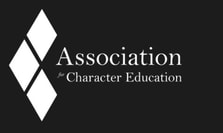 Director of Schools Engagement and Partnership, Andrew Pettit from the Association for Character Education (part of The Jubilee Centre) provided an insight into their bespoke consultation work supporting schools, based on the unwavering belief that character development is essential from nursery to Post-16. Andy Ogden concluded the session by acknowledging schools are often so busy in curriculum development that they need to pull out the core themselves and focus on the internal character of the child and how they see themselves. It is a useful exercise in pushing the reset button after Covid with essential links to identify and a sense of belonging. “It’s not what you put on the plate, but the plate itself.” Schools are re-evaluating and starting a powerful conversation. The SWIFT Character Education Professional Community will continue to build a network of leaders and practitioners across the Southwest who are passionate about designing and implementing holistic educational provision that acknowledges the importance of personal development as well as the importance of academic attainment. Report by Jude Owens, PA to the SWIFT Executive Team
0 Comments
|
SWIFT News
|
SPONSORED BY
Join us, be a part of our SWIFT community |
© COPYRIGHT 2022 SOUTH WEST INSTITUTE FOR TEACHING SWIFT. ALL RIGHTS RESERVED | Website by brightblueC
VIEW OUR PRIVACY NOTICES | VIEW OUR COURSE T&CS
VIEW OUR PRIVACY NOTICES | VIEW OUR COURSE T&CS

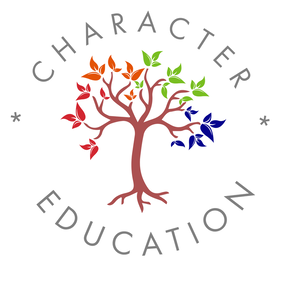
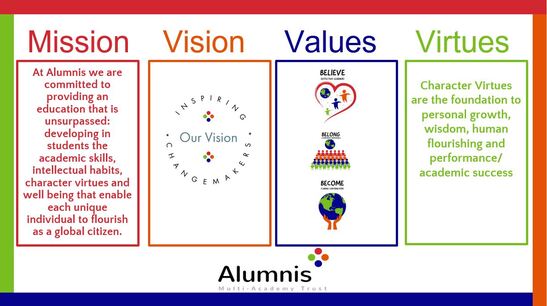
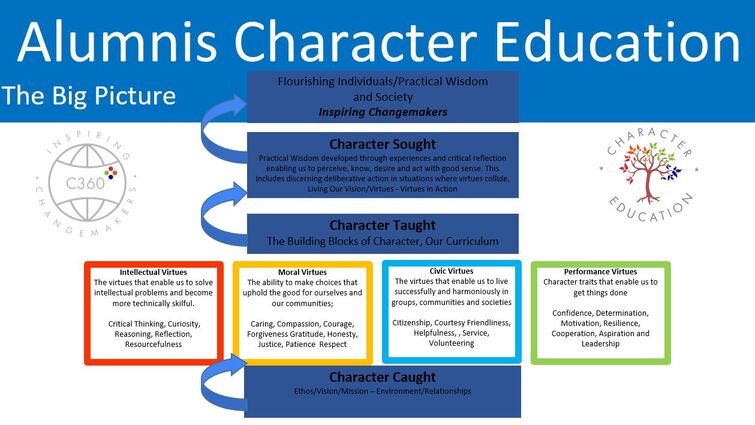
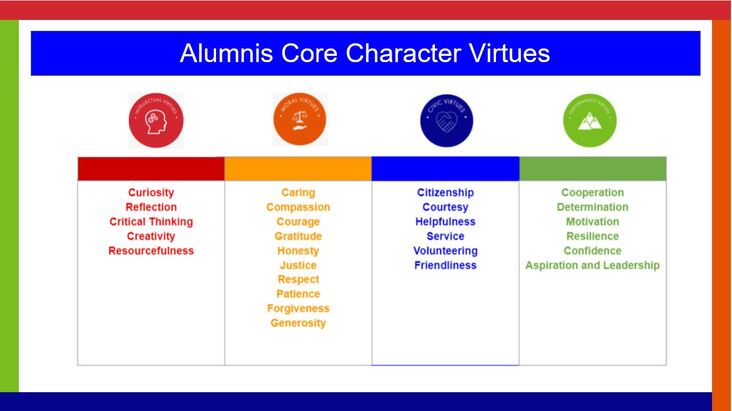
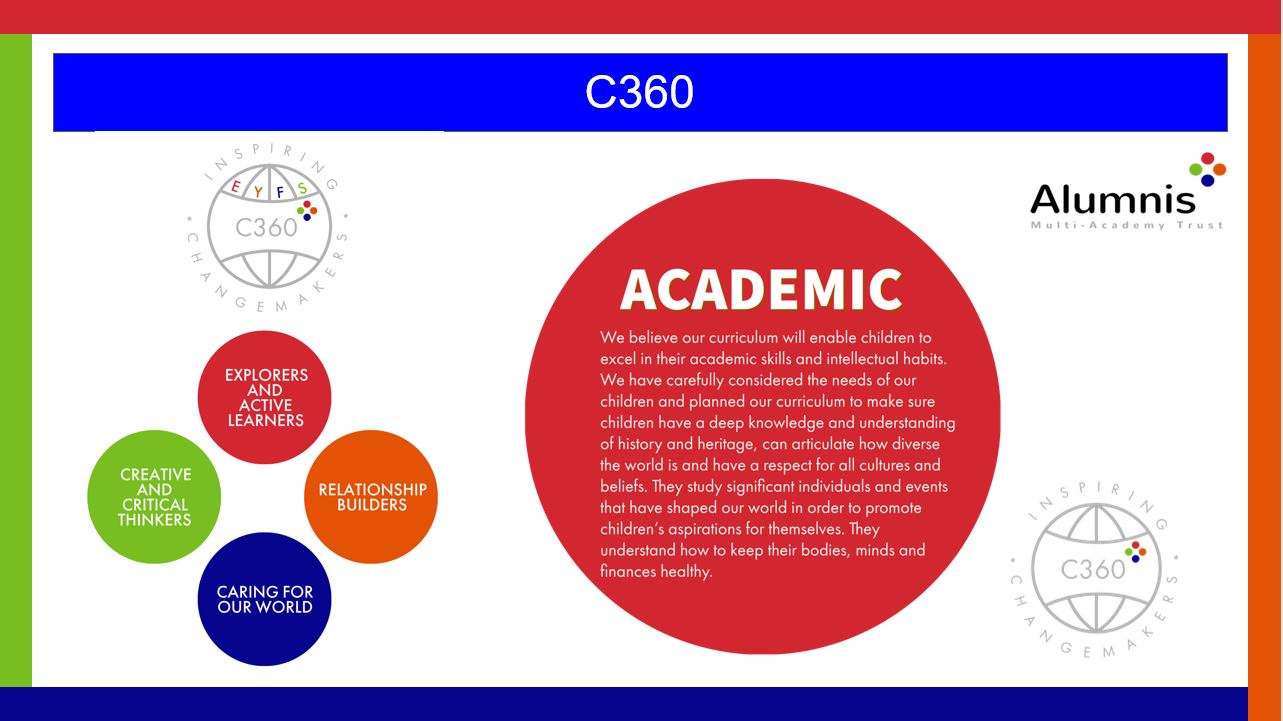
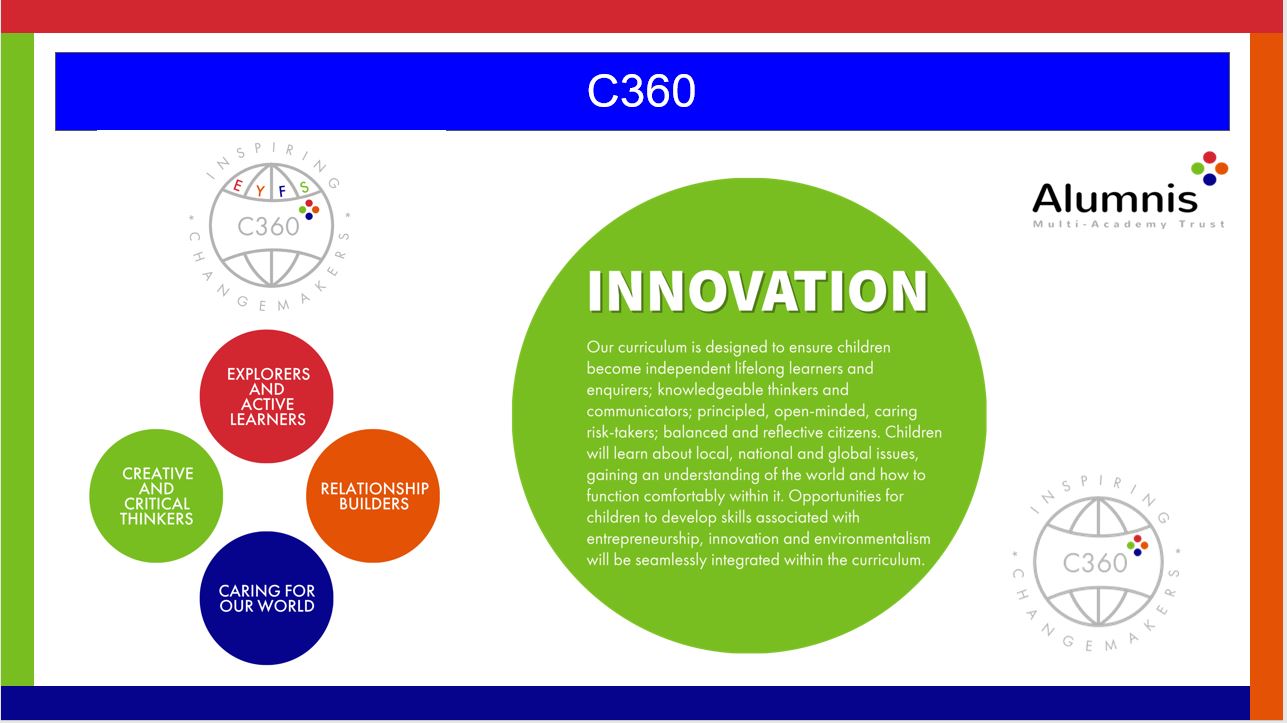
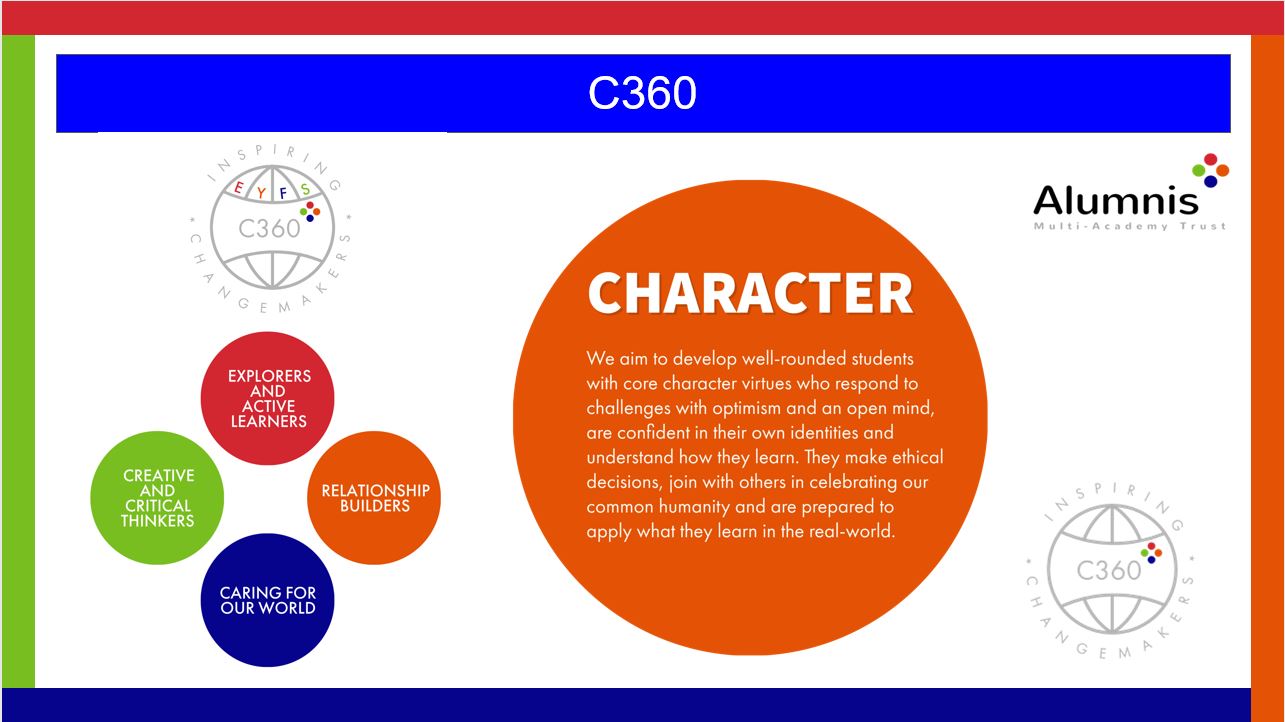
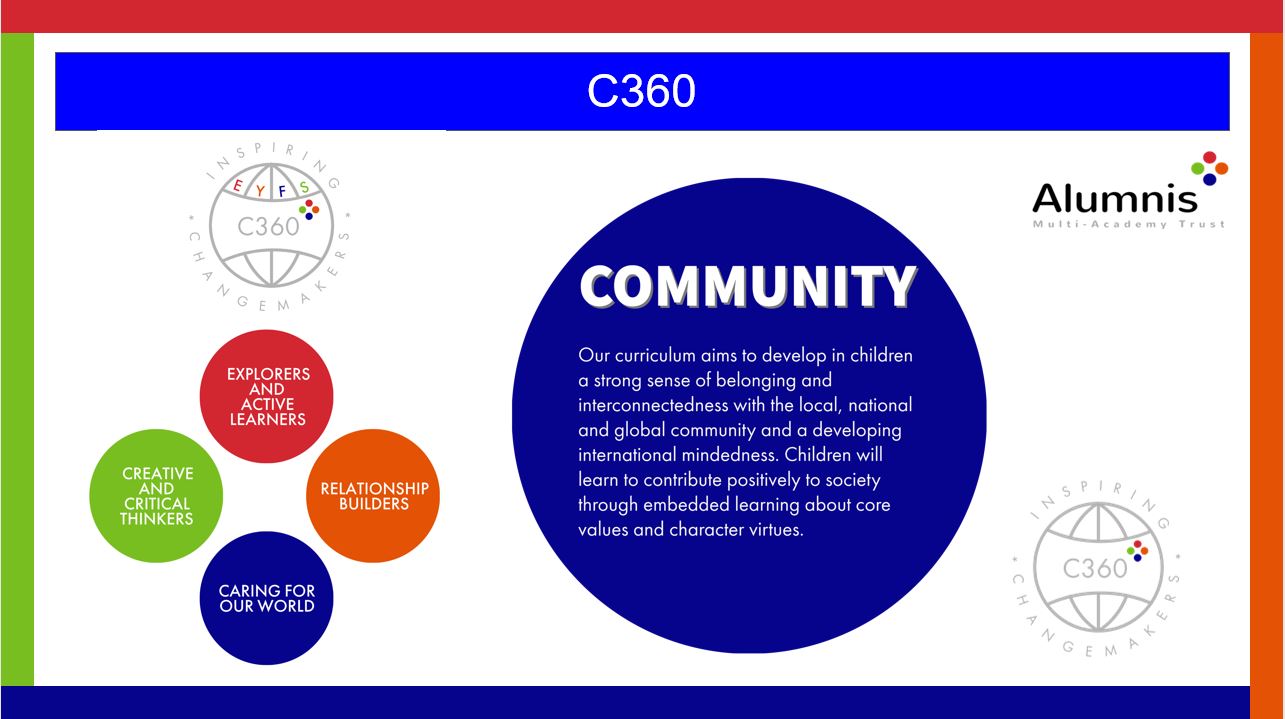
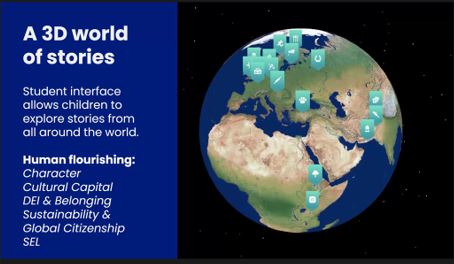
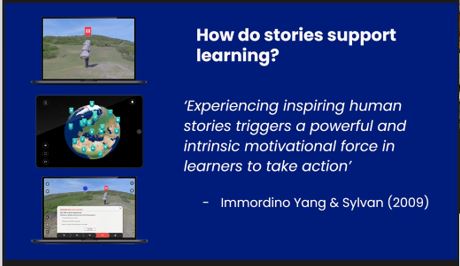

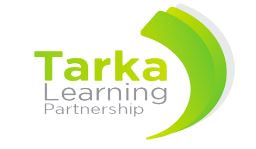
 RSS Feed
RSS Feed





